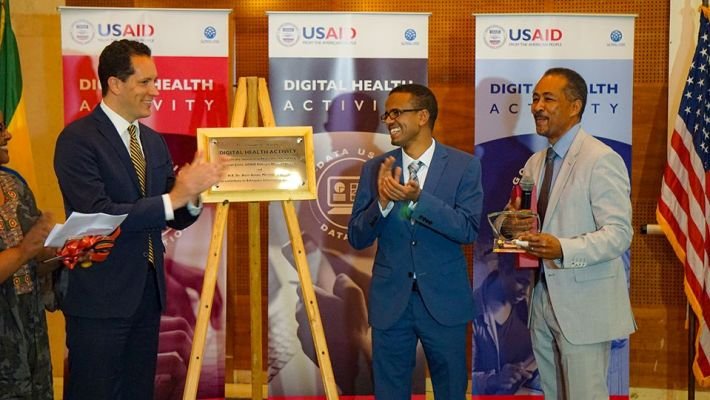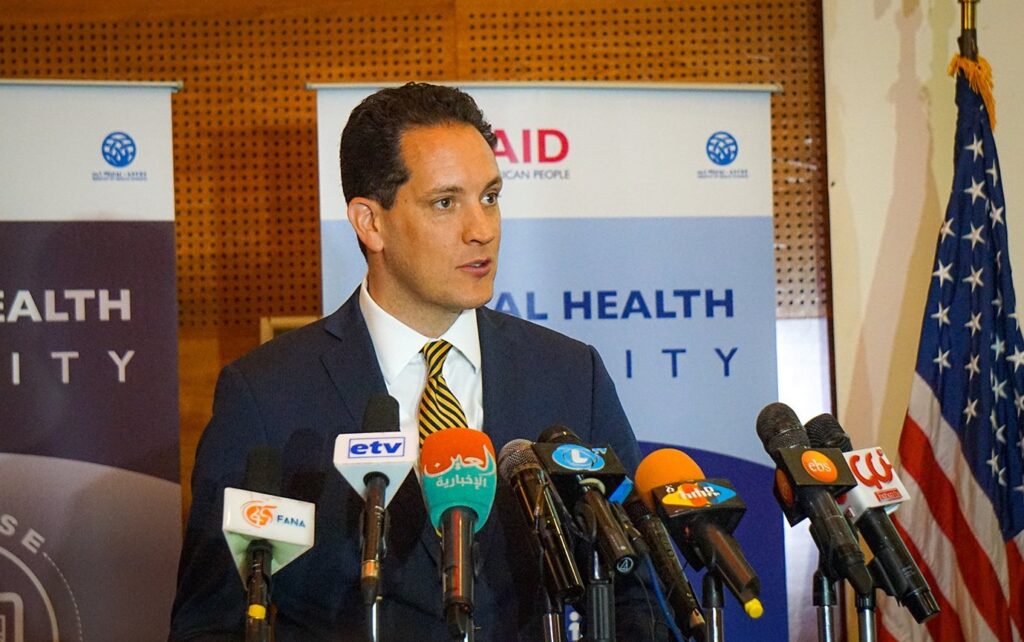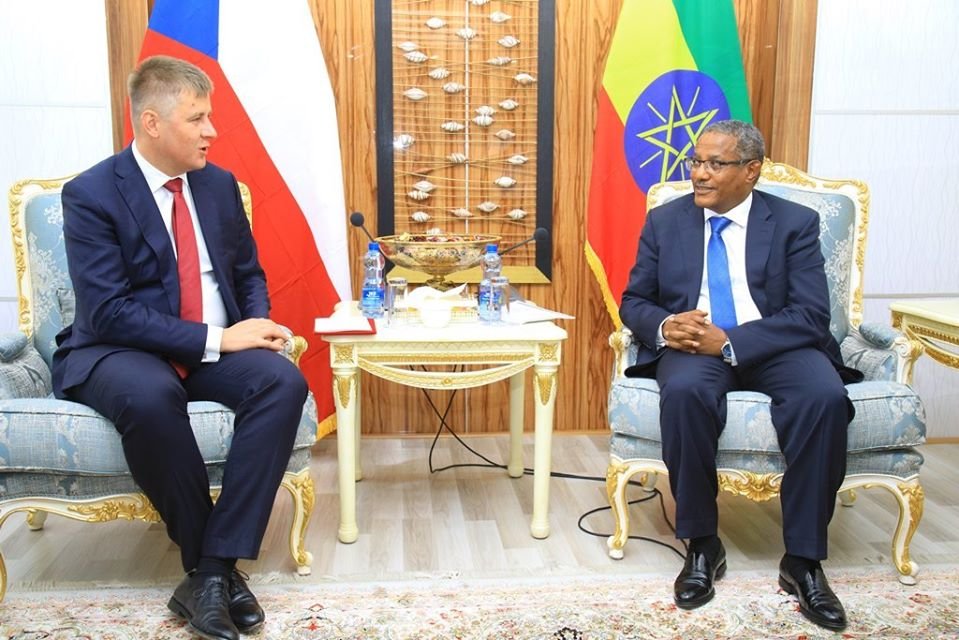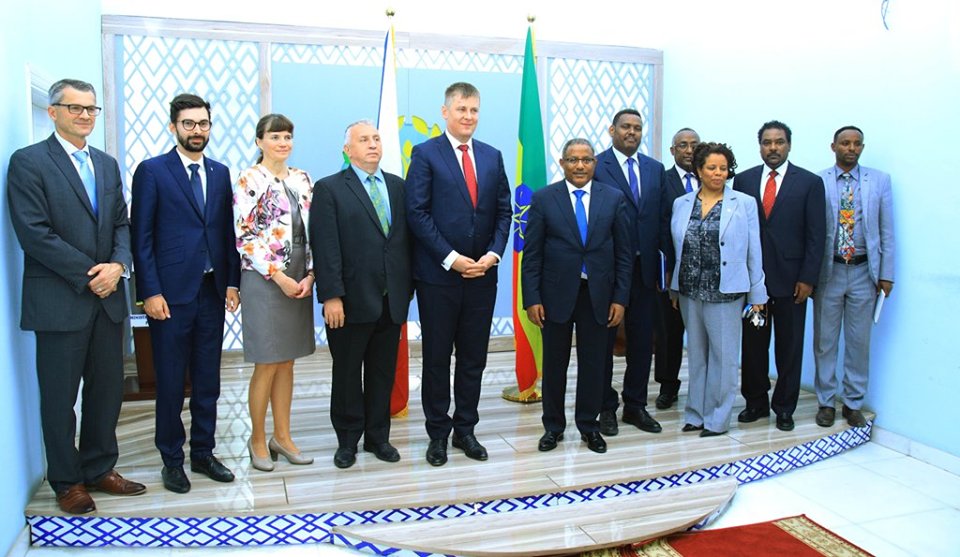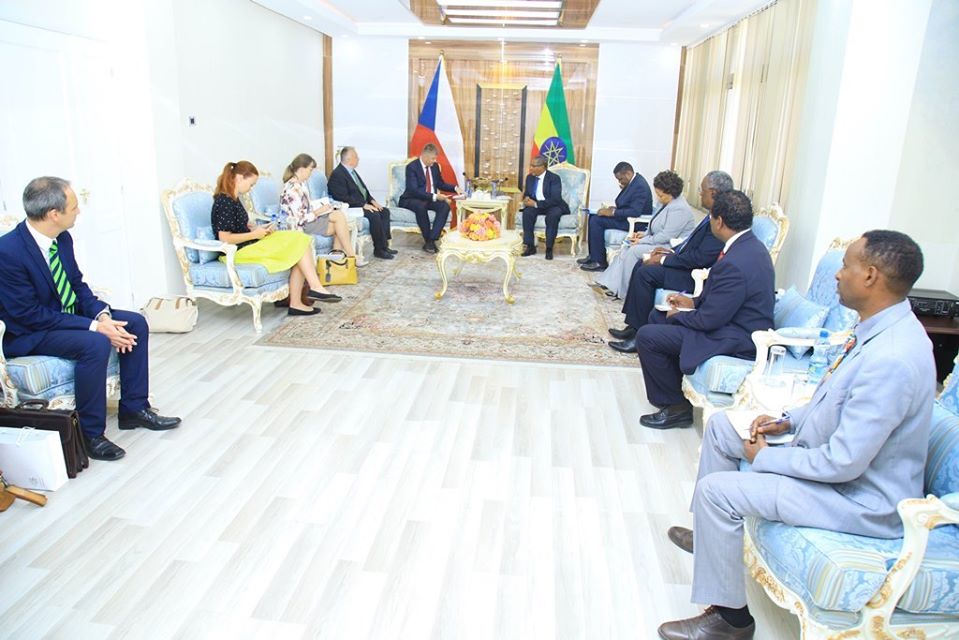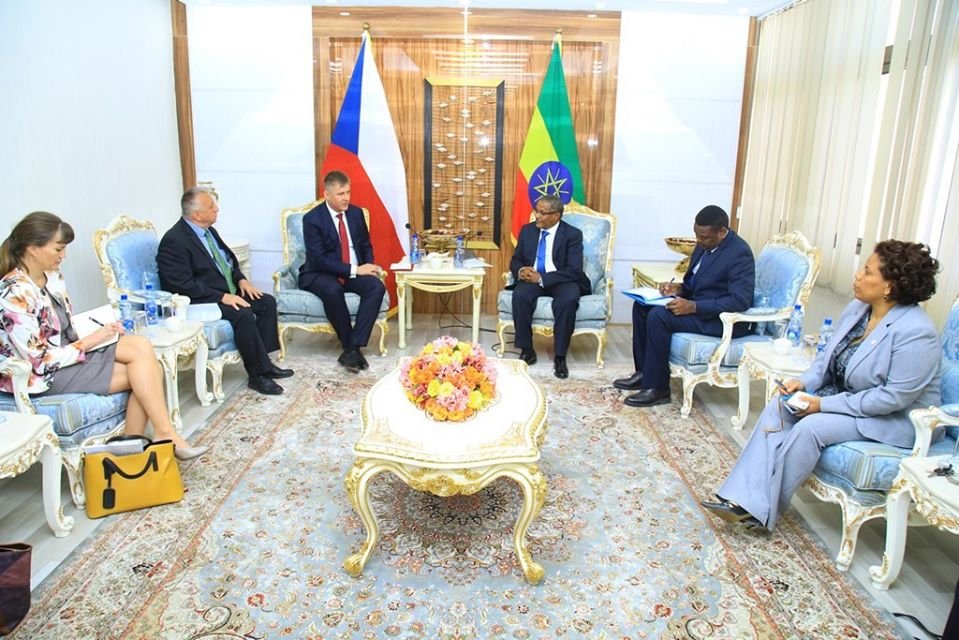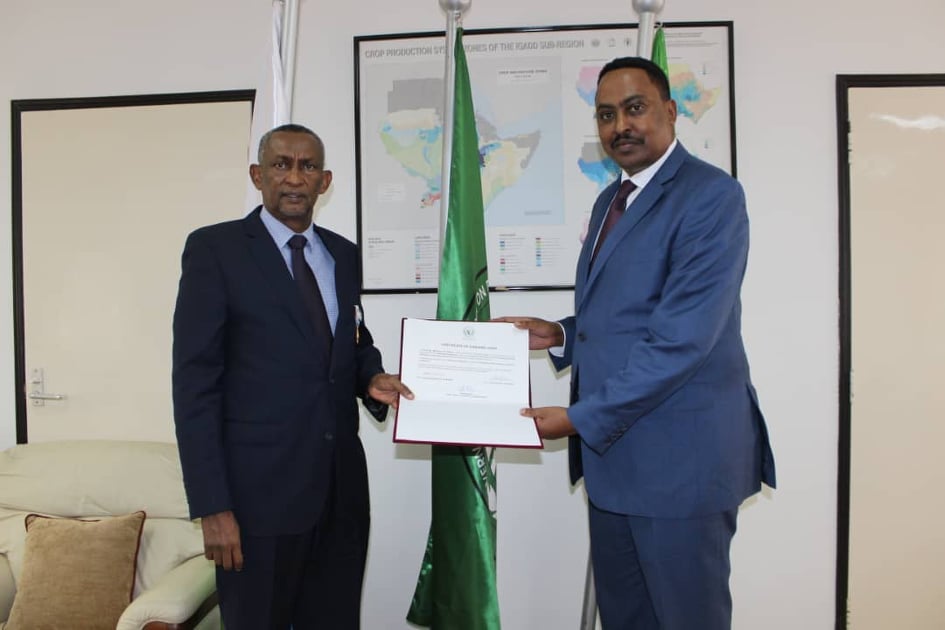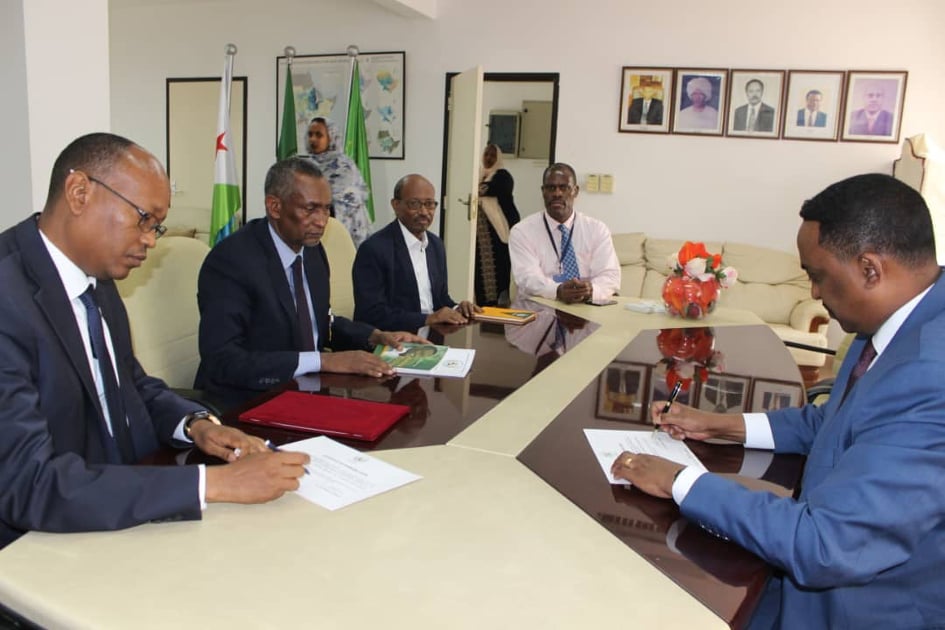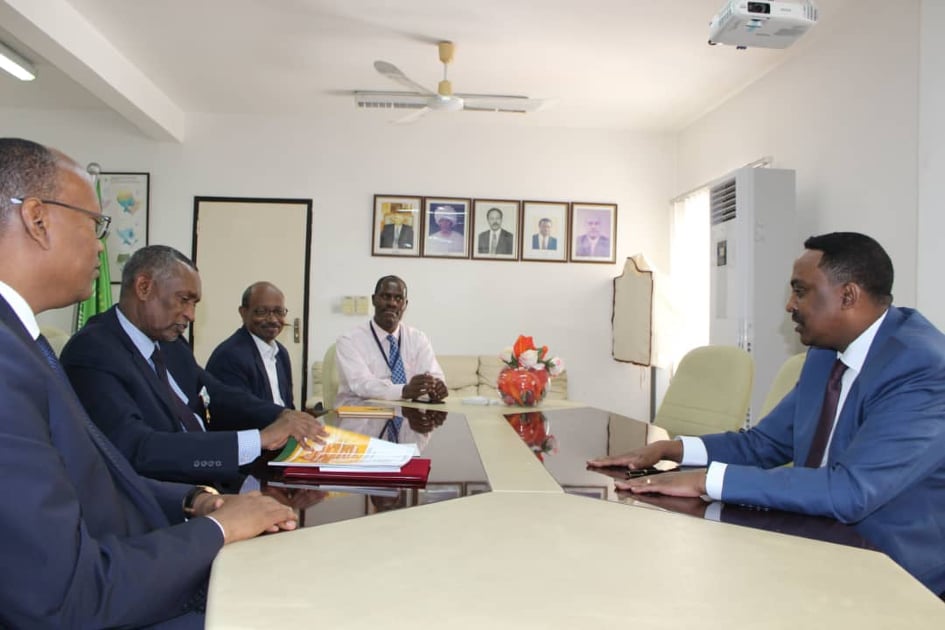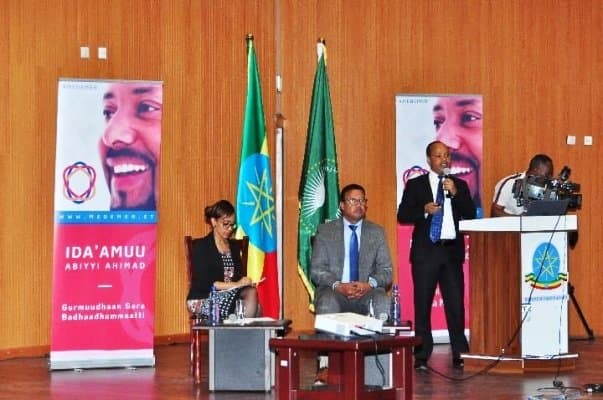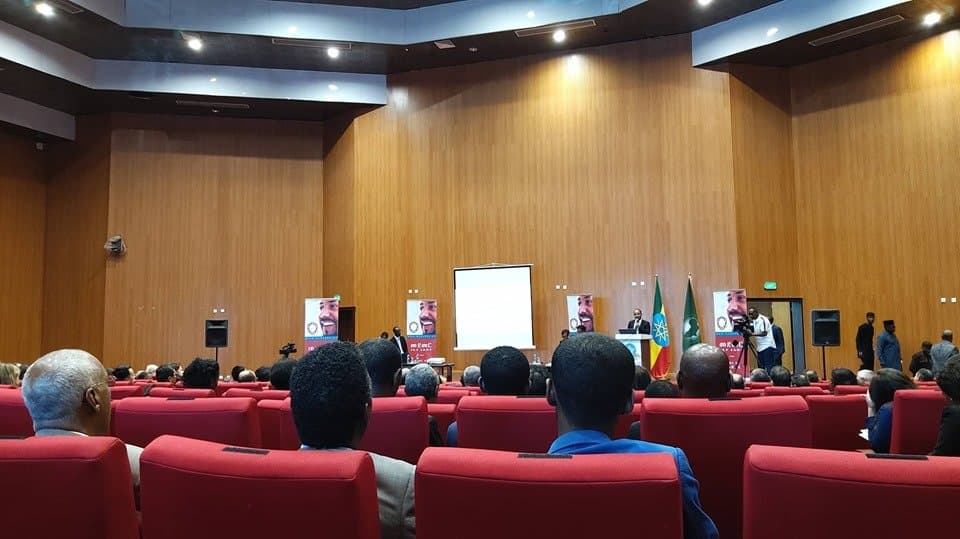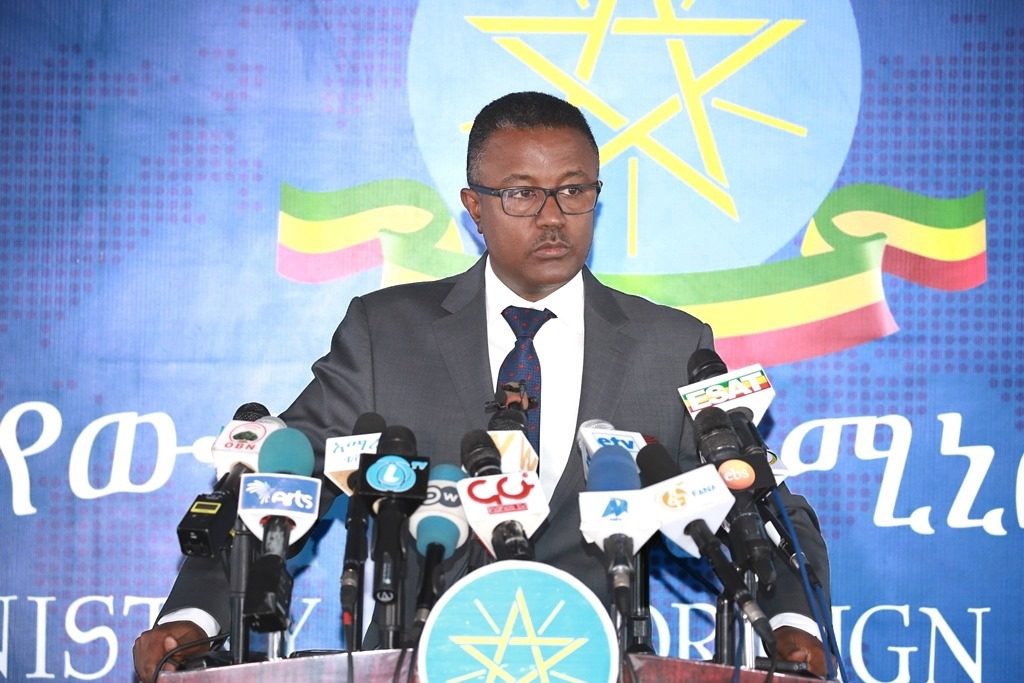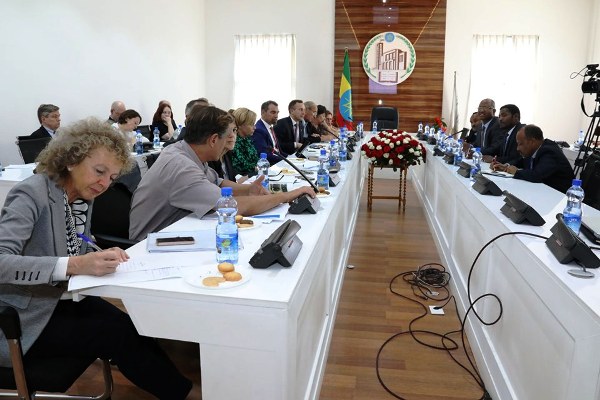Ethiopian Consulate in Mumbai is participating in much awaited mega event World Trade Expo (WTE) 2019. The two days mega event kicked off at World Trade Center on 13th November, 2019 with much fanfare. It would continue till 14th November 2019. This expo will promote business, investment and tourism opportunities of Ethiopia. The Expo will feature an exhibition, business-to-business meetings and country presentations.
World Trade Expo 2019 will create new avenues for MSMEs, women entrepreneurs and start-ups to explore and interact with a view to tap the vast unexplored markets and seek potential buyers and collaborators.
It may be noted that WTE 2019 provides a platform to meet, connect and explore investment opportunities from representatives of 30 countries, 50+ foreign business houses with operations in India and MSMEs from five Indian States.
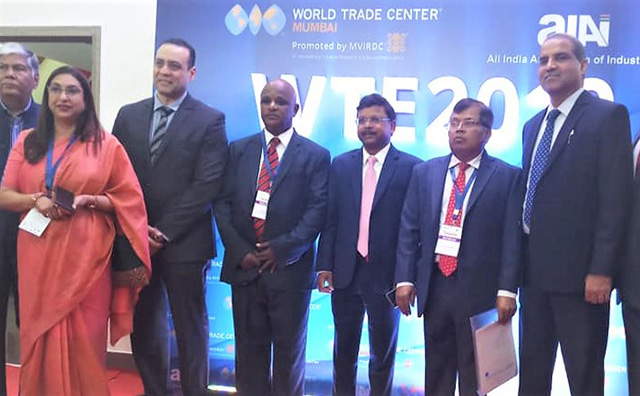
His Excellency, Demeke Atnafu Ambulo, Consul General of Ethiopia in Mumbai said “Ethiopia is a Land of Origin and have numerous things to offer to the world. We have a plethora of opportunities for everyone. In this expo we want to promote business, investment and tourism opportunities in Ethiopia. There are many business people have established their business in Ethiopia and year after tourist flow from India is increasing gradually. I am optimistic that this expo would further offer new opportunities in every filed”.
In WTE, participating countries will have key trade officials from Embassies, Consulates and Trade Offices to present on Trade and Investment Opportunities in their countries, while foreign business houses will showcase how they were able to integrate MSMEs into global value chains. MSMEs will display their products and services which are export ready. The Expo is open to business enterprises from all prominent sectors in Manufacturing, Agri & Food Processing as well as Services.
Afghanistan, Argentina, Bangladesh, Belgium, Botswana, Brazil, China, Ecuador, Egypt, Ethiopia, Gabon, Georgia, Indonesia, Italy, Iran, Malaysia, Mauritius, Poland, Qatar, Singapore, South Africa, Sri Lanka, Taiwan, Thailand, Uganda and USA. Besides foreign countries, five Indian states would also participate in the expo. These states include Maharashtra, Goa, Rajasthan, Gujarat and Odisha.
